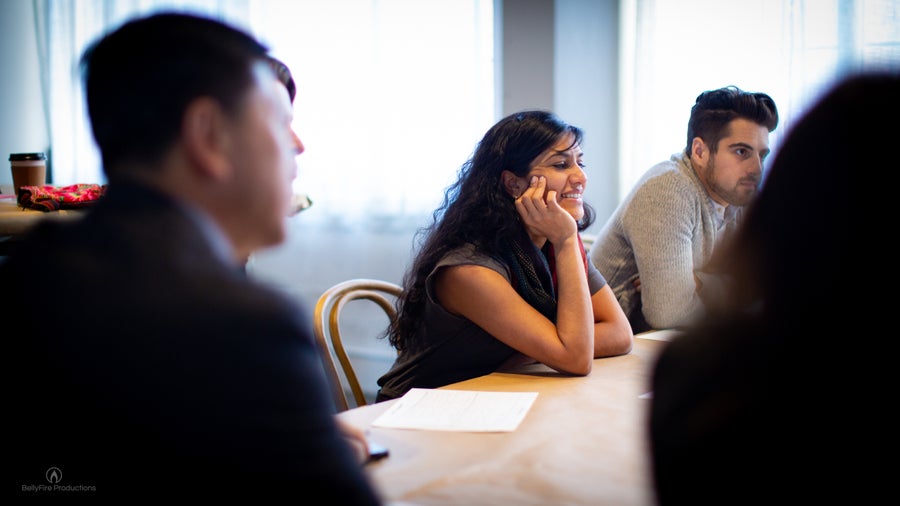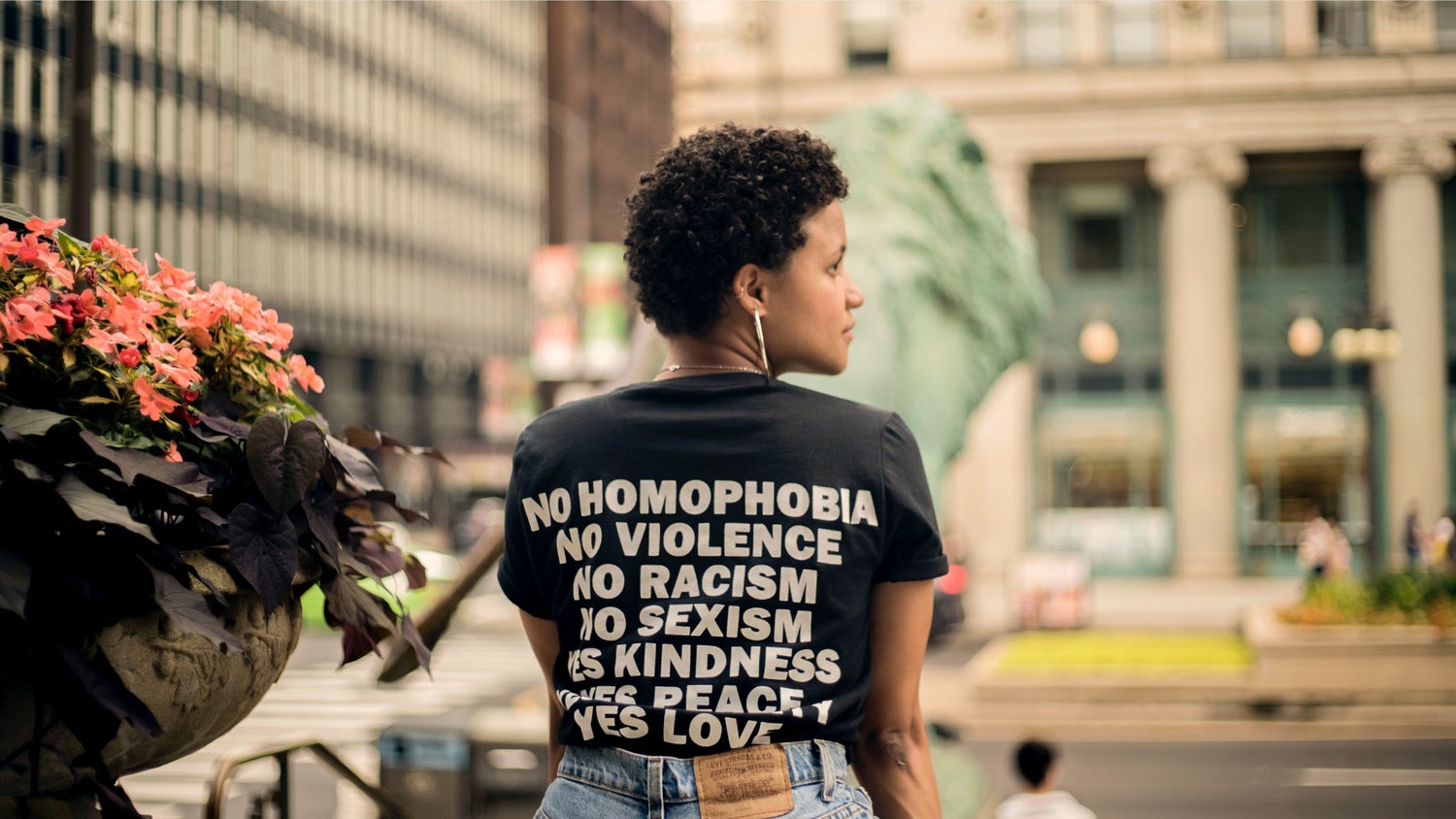In 1908, 15,000 women marched through New York City demanding shorter working hours, better pay and the right to vote. This planted the seed for International Women’s Day, now celebrated every year on the 8th March. We’ve come a long way since then but gender equality is still a long way off. Last year, the UN reported that almost 90% of people are prejudiced towards women globally. This affects everything from salaries and job prospects to access to education and healthcare and can lead to sexual and physical violence. With 137 women around the world killed by a member of their family every day, this is an ongoing and serious problem.
New global data released by UN Women suggests that the pandemic could put gender equality back by 25 years. This is because women are doing a lot more domestic chores and family care. (Even before the pandemic women did three quarters of the 16 billion hours of unpaid care and domestic work done each day around the world.)
Women need committed allies to help challenge inequality at work, at home and online. Read on to find out how you can be an ally and help promote gender inequality in your everyday life.
What you can do:
1) Learn about inequality
Educate yourself, read about feminism, raise awareness, start discussions, and share your learnings. Once you know the challenges women face, you’ll find it hard to stay silent about them.
2) Be an intersectional feminist
Don’t forget about how gender intersects with other types of discrimination. Call out comments that ridicule or stereotype women, but also members of the LGBTQ+ community, people of colour, those with disabilities or any other historically marginalised groups. Talk to your colleagues, friends and family honestly and explain how they’re being discriminatory.
3) Listen and be open
As a man, white woman, or anyone with privilege, make sure you listen to those who have less power. Try not to dismiss their feelings or get defensive, and consider how you would feel in their situation. Open dialogue makes for stronger allies.
4) Think about how it affects men
We talk a lot about its impact on women but it’s not great news for men either. The pressure to live up to stereotypical male traits, suppress emotions and support a family can be very damaging for both sides.

5) Share opportunities
Share work opportunities with people outside of your traditional circles; or pass on one that’s been offered to you, to a woman or someone from a group that is underrepresented in your field.
6) Give credit
Point out and acknowledge the successes of your female colleagues. Pull them into conversations and give them an opportunity to weigh in. Listen to their opinions, don’t interrupt, and amplify their ideas.
7) Share household chores, childcare and the ‘mental load’
Advocate for more equal structures like shared maternity and paternity leave. Men can make a point to help with the mental load too. Share those extra tasks that women are more likely to pick up, like planning work drinks, remembering birthdays, organising gifts, or keeping track of what household essentials you’re running out of.
8) Mentor
Mentoring is an incredible way to share your knowledge and power. Have a think, what are you an expert on? What life experience can you share? It’s easy to find an organisation to help get you started. Find some more tips here.
9) Donate or fundraise
There are countless charities helping women, trans people and other disadvantaged groups. Find a cause that you care about and support it in whatever way you can. Check out the resources below for gender equality focused ideas.
10) Run your own campaign or digital event.
Even if you don’t have access to funds, there’s still a lot you can do to raise awareness and challenge people’s prejudices. If you live at The Collective, it’s easy to start a group, club or run an event, simply chat to our events team.
When you live or stay at The Collective you get access to a constantly changing events programme. This March our members are celebrating International Women’s Day with a series of talks by female keynote speakers, designed to celebrate women's achievement, raise awareness against bias and take action for equality. The First is ‘Boost Your Power’ with French author, trainer and facilitator Aurélie Salvaire.
More resources
Check out International Women’s Day’s official site, and find their events here.
Women of the World (WOW) is a festival that usually takes place in the Southbank Centre.
CARE International supports women and girls around the world.
He For She is UNWomen’s campaign for male allies.
Freedom Charity works against forced marriage and FGM.
Women’s Aid and Al Hasaniya help survivors of domestic abuse.
The Fawcett Society aims to close the gender pay gap and secure equal power.
